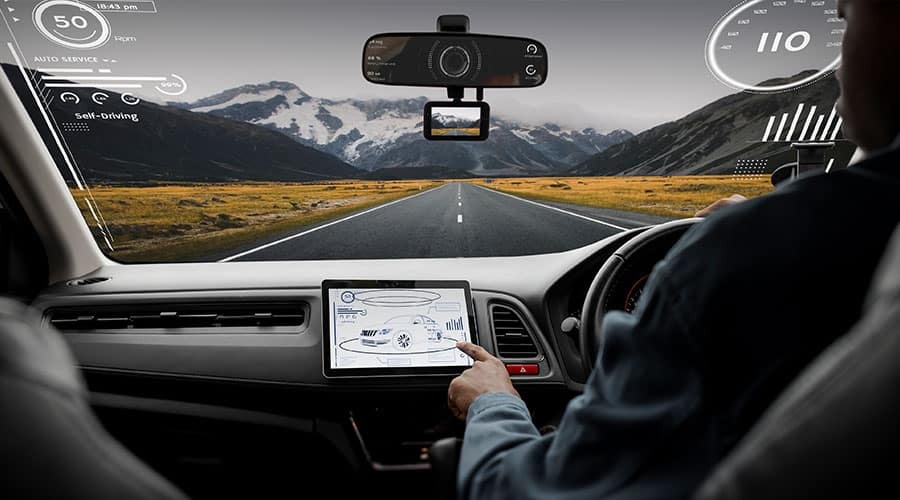The Evolution of Autonomous Vehicles
Autonomous vehicles, once a vision of science fiction, have rapidly evolved into a tangible reality, revolutionizing the transportation industry. The journey towards autonomous driving began with the development of advanced driver-assistance systems (ADAS), which paved the way for fully autonomous vehicles. Over the past decade, significant strides in artificial intelligence (AI), sensor technology, and data processing have propelled the autonomous vehicle industry forward. Companies like Tesla, Waymo, and Uber have been at the forefront of this revolution, investing billions of dollars in research and development to bring self-driving cars to the masses.
The evolution of autonomous vehicles has been marked by key milestones, from the introduction of adaptive cruise control and lane-keeping assistance to the deployment of prototype autonomous taxis in select cities. Each advancement has brought us closer to a future where self-driving cars are not only common but also safer and more efficient than human-operated vehicles. However, challenges remain, including regulatory hurdles, public acceptance, and technological limitations.
The Benefits of Autonomous Vehicles
1. Safety
One of the most significant benefits of autonomous vehicles is their potential to improve road safety. Human error is a leading cause of traffic accidents, resulting in millions of injuries and fatalities each year. By eliminating human drivers, self-driving cars have the potential to drastically reduce the number of accidents caused by factors such as speeding, distracted driving, and impaired judgment. Advanced sensors and AI algorithms enable autonomous vehicles to perceive their surroundings with greater accuracy and react to potential hazards in real-time, making roads safer for everyone.
2. Efficiency
Autonomous vehicles have the potential to transform the way we move people and goods, leading to greater efficiency in transportation systems. With the ability to communicate with each other and coordinate movements, self-driving cars can optimize traffic flow, reduce congestion, and minimize travel times. Additionally, autonomous vehicles can operate around the clock without the need for rest breaks, leading to more efficient use of infrastructure and resources. This increased efficiency not only benefits individual commuters but also has broader implications for industries such as logistics and public transportation.
Challenges and Considerations
1. Regulatory Framework
One of the most significant challenges facing the widespread adoption of autonomous vehicles is the lack of a comprehensive regulatory framework. While technology continues to advance rapidly, lawmakers have struggled to keep pace with the development of self-driving cars. Questions surrounding liability, insurance, privacy, and ethical considerations must be addressed to ensure the safe and responsible deployment of autonomous vehicles on public roads. Collaboration between government agencies, industry stakeholders, and advocacy groups is essential to establish clear guidelines and standards for the operation of autonomous vehicles.
2. Public Acceptance
Another critical factor influencing the adoption of autonomous vehicles is public acceptance and trust. Despite the potential benefits of self-driving cars, many people remain skeptical or fearful of relinquishing control to autonomous systems. Building public trust will require transparent communication about the capabilities and limitations of autonomous vehicles, as well as demonstration of their safety and reliability through rigorous testing and validation. Education and outreach efforts are also needed to address misconceptions and concerns surrounding autonomous driving technology.
The Future of Autonomous Vehicles
As technology continues to advance and regulatory barriers are overcome, the future of autonomous vehicles appears promising. Self-driving cars have the potential to revolutionize transportation, making it safer, more efficient, and accessible to all. From reducing traffic congestion and emissions to improving mobility for the elderly and disabled, the benefits of autonomous vehicles are far-reaching. While challenges remain, the ongoing investment and innovation in autonomous driving technology signal a future where self-driving cars are an integral part of our everyday lives.



